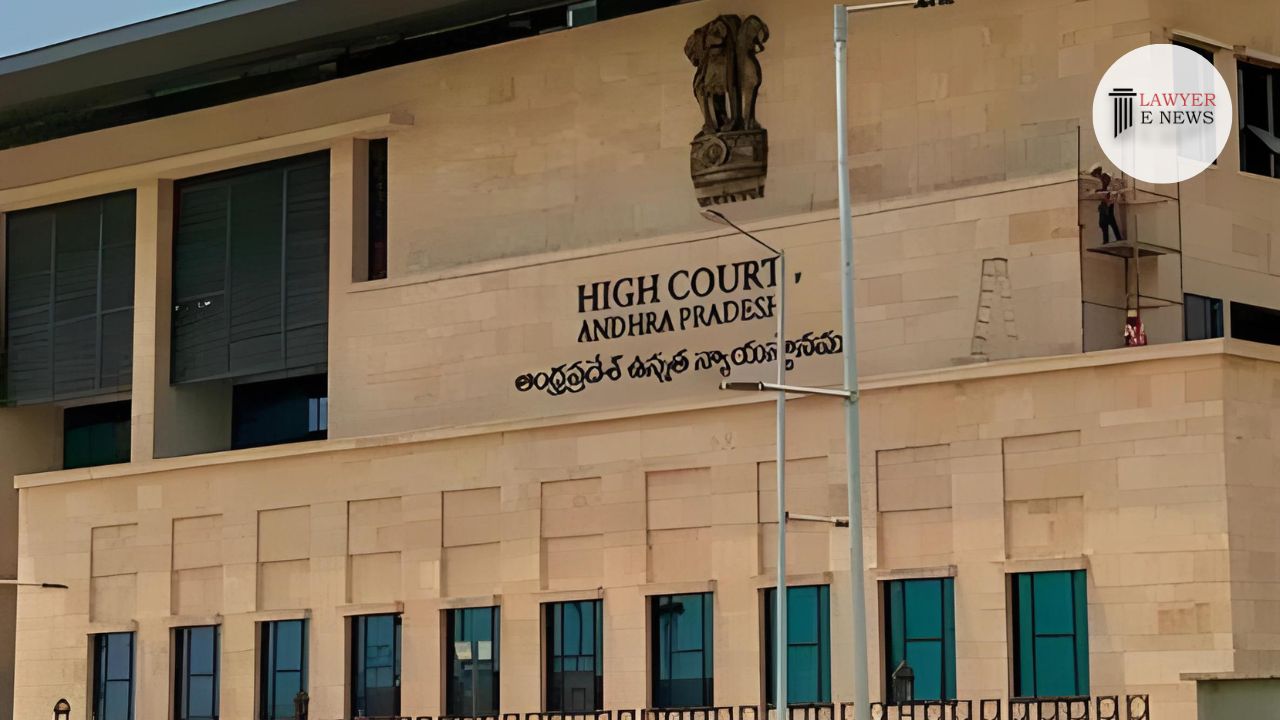-
by Admin
15 February 2026 5:35 AM



Andhra Pradesh High Court quashed the tax demands issued by the State Tax authorities against Patanjali Foods Limited, ruling that the company's liabilities under the AP VAT and GST Acts were extinguished as per the resolution plan approved by the National Company Law Tribunal (NCLT). The Court emphasized that the resolution plan binds all creditors, including government authorities, under Section 31 of the Insolvency and Bankruptcy Code (IBC).
Patanjali Foods Limited, formerly Ruchi Soya Industries Limited, underwent insolvency proceedings under the Insolvency and Bankruptcy Code, 2016. A resolution plan was approved by the NCLT, Mumbai Bench, on September 4, 2019, which provided for a payment of Rs. 25 crores towards clearing all statutory dues, including those owed to government authorities. The resolution plan became final after dismissal of the appeal by the National Company Law Appellate Tribunal (NCLAT) on December 9, 2019.
Despite this, the company received two separate demand-cum-adjudication orders from the Assistant Commissioner (ST)(FAC) Kakinada and the Deputy Commissioner (ST) Vijayawada for the period from July 2017 to March 2020. The demands totaled Rs. 2,02,1420/- and Rs. 2,87,15,819/-, respectively. Aggrieved by these orders, Patanjali Foods Limited filed two writ petitions challenging the demands.
The central issue was whether the State of Andhra Pradesh could issue tax demands post the approval of the resolution plan by the NCLT, which extinguished all previous liabilities. The petitioner argued that the NCLT’s order covered all statutory dues up to the approval date, freeing the company from any pre-resolution tax liabilities.
The State argued that the NCLT order was not binding on it, as no specific notice was issued to the Andhra Pradesh authorities during the insolvency proceedings, and that the publication of the proceedings did not reach the state's jurisdiction. Furthermore, the State relied on Section 88 of the GST Act to assert that they were not bound by the resolution plan due to lack of notice.
The Court cited the Supreme Court's decision in Ghanshyam Mishra and Sons Pvt. Ltd. vs. Edelweiss Asset Reconstruction Company, which clarified that once a resolution plan is approved by the NCLT, it binds all stakeholders, including government authorities. As per this ruling, all claims not included in the resolution plan are extinguished, and no further proceedings regarding those claims can be initiated.
The Court rejected the State's contention that it was not bound by the NCLT order due to lack of notice. It held that Section 238 of the IBC contains a non-obstante clause that overrides all other laws, including the GST Act. This means that the resolution plan approved by the NCLT takes precedence, and the State is bound by its terms even if they did not receive individual notice during the insolvency proceedings.
The Court noted that the tax demands covered the period from July 2017 to March 2020, extending beyond the NCLT's resolution date of September 4, 2019. Therefore, the Court allowed the assessing authorities to issue fresh notices for taxes and other dues for the period after the resolution plan's approval date, specifically from September 5, 2019, to March 31, 2020.
The Andhra Pradesh High Court allowed the writ petitions filed by Patanjali Foods Limited, setting aside the demand-cum-adjudication orders dated June 3, 2023, and November 25, 2023. It affirmed that the company’s liabilities under the AP VAT and GST Acts up to September 4, 2019, were extinguished as per the resolution plan approved by the NCLT. However, the State is permitted to issue fresh notices for the period after this date.
Date of Decision: September 11, 2024
Patanjali Foods Limited vs. The Assistant Commissioner ST Fac and Others
